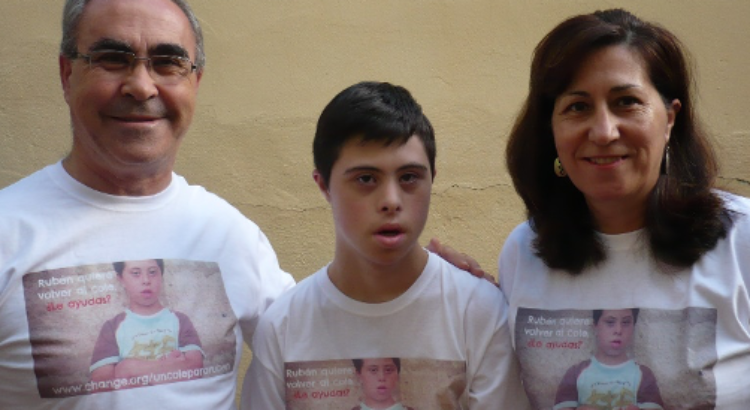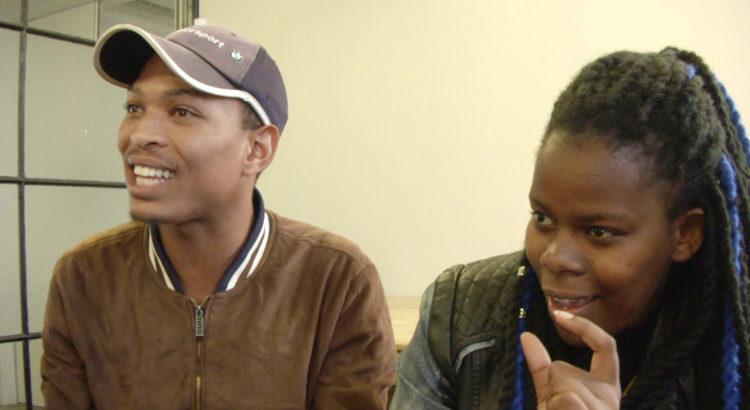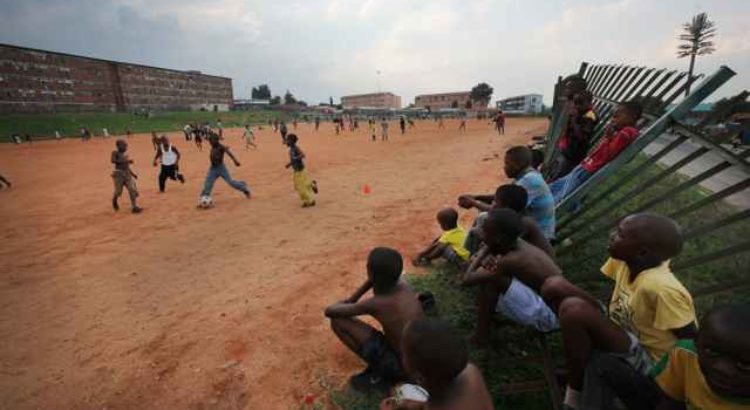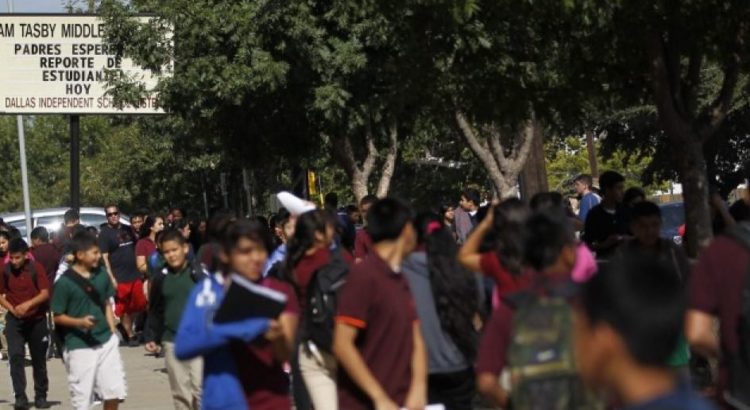Gem Report
Alejandro is one of many champions being highlighted by the GEM Report in the run up to the launch of its 2020 publication on inclusion and education: All means all, due out 23 June. In their own way, and in multiple countries around the world, these champions are fighting for learner diversity to be celebrated, rather than ignored.
Alejandro Calleja has gone through all the levels of the judicial system in his fight to ensure the right to an inclusive education of his son Ruben, who was born with Down syndrome. For 8 years, Ruben attended regular school and, during this time, he was able to socialise and interact with his peers until a teacher demanded that he be removed from regular school and enrolled in a special school. The Calleja family believed the school’s decision was a violation of Ruben’s rights and began their fight to see them respected.
“Ruben has Down syndrome, but he also has rights and dignity. Inclusive education is not a favour, it is a right. Someone has to fight for it. We are fighting, for Rubén and for all children.”
During a legal process spanning almost 10 years, the family has gone to various local and national bodies to reverse the school’s decision. Not only did the family not obtain a favourable ruling, but they received a counterclaim accusing them of child neglect because they decided to educate their child at home instead of abiding by the legal ruling and sending him to a special school.
Ruben is currently 20 years old and is studying a professional module. When he completes it, the family will demand the corresponding diploma. For the Calleja family, inclusion is a life project that involves educational, social and work inclusion. That is why they continue to fight for their son’s inclusion in court.
In the final step of their legal battle, the family filed a formal complaint with the Committee on the Rights of Persons with Disabilities after the committee included a recommendation related to Ruben’s case. This recommendation highlights the government’s inability to prosecute a family for neglect as long as they are fighting for the right to an inclusive education for their children.
Alejandro is part of the State Platform for Extraordinary Schooling, a group of associations and families that seeks dialogue with the government to achieve the right to inclusive education. They believe inclusive schooling implies that everyone learns at their own pace, but also that it implies learning to live together in society, because schools are a reflection of society, and society is not special.
Alejandro knows that parents of children with disabilities need access to information about rights to an inclusive education, but they also need to know about parent groups that have had similar experiences. These groups help to build their confidence and develop their knowledge, and are important in demanding the right to an inclusive education from the government. This is what Alejandro believes is necessary to improve the state of inclusive education:
“The key measure would be the elimination of psycho-pedagogical evaluations and the ruling on schooling, which, upheld by norms and decrees contrary to the CRPD and the UDHR (normicide), formalise the segregation of people who are different and condemn them to this social death sentence.”
The 2020 GEM Report on inclusion will be looking at all those excluded from education systems around the world. It gives concrete policy examples being used by countries to help tackle exclusion, and recommendations for how to make sure every child – no matter their identity, background or ability – can access an inclusive, quality education. Sign up here to receive a copy in your inbox as soon as it is released on 23 June.
Fuente: https://gemreportunesco.wordpress.com/2020/05/19/alejandro-calleja-a-father-fighting-for-his-sons-right-to-an-inclusive-education-in-spain/










 Users Today : 17
Users Today : 17 Total Users : 35460370
Total Users : 35460370 Views Today : 24
Views Today : 24 Total views : 3419124
Total views : 3419124